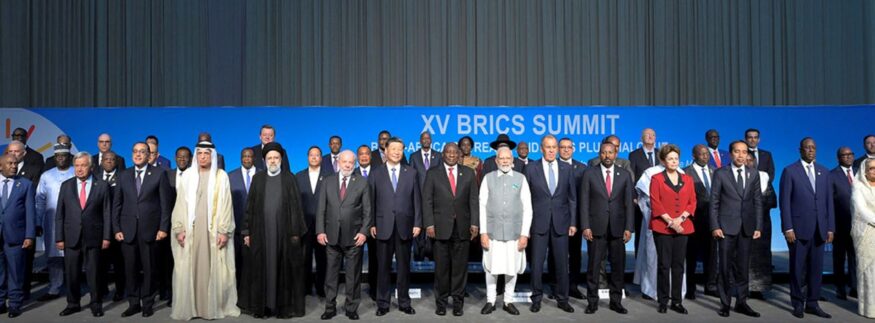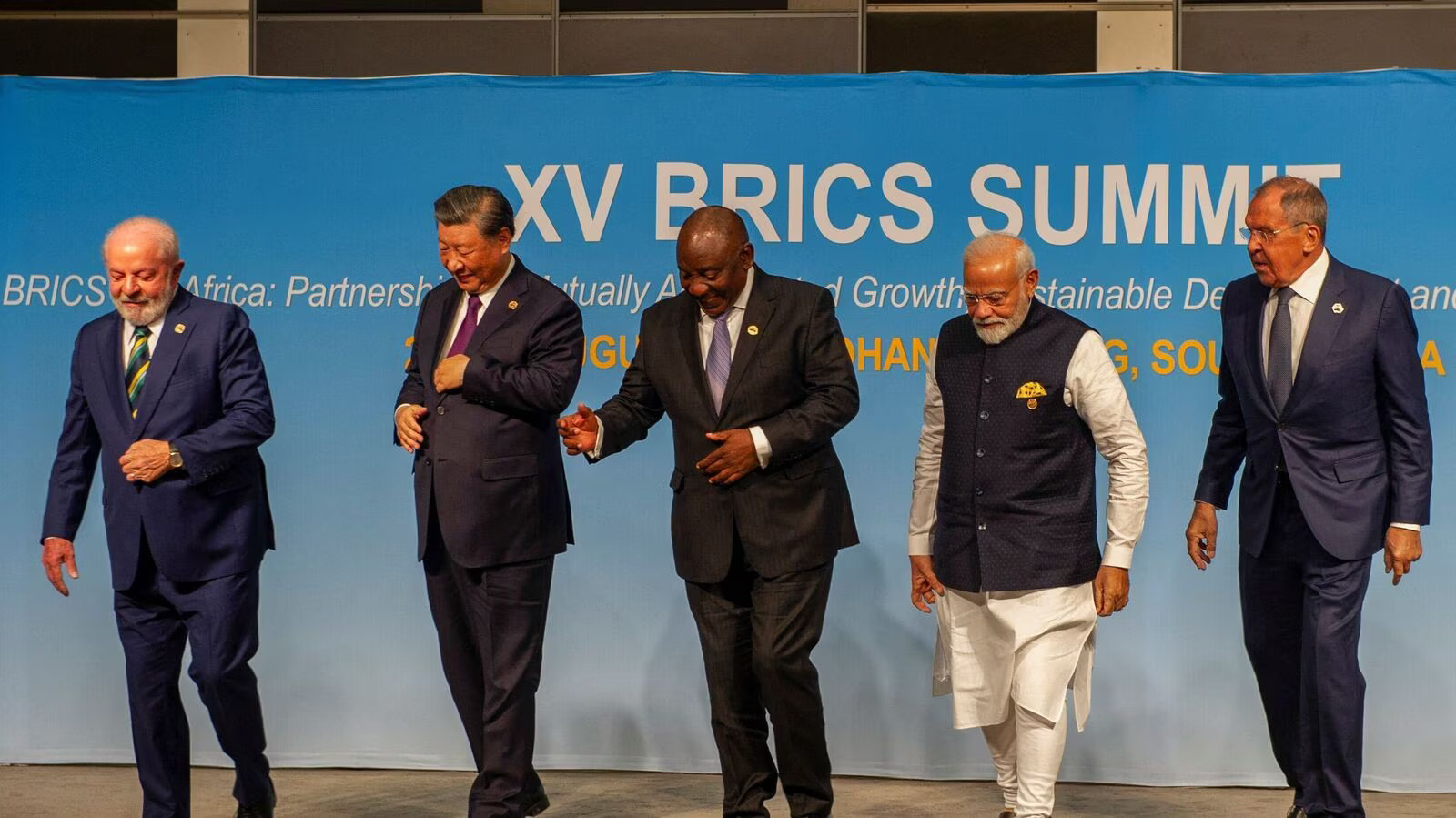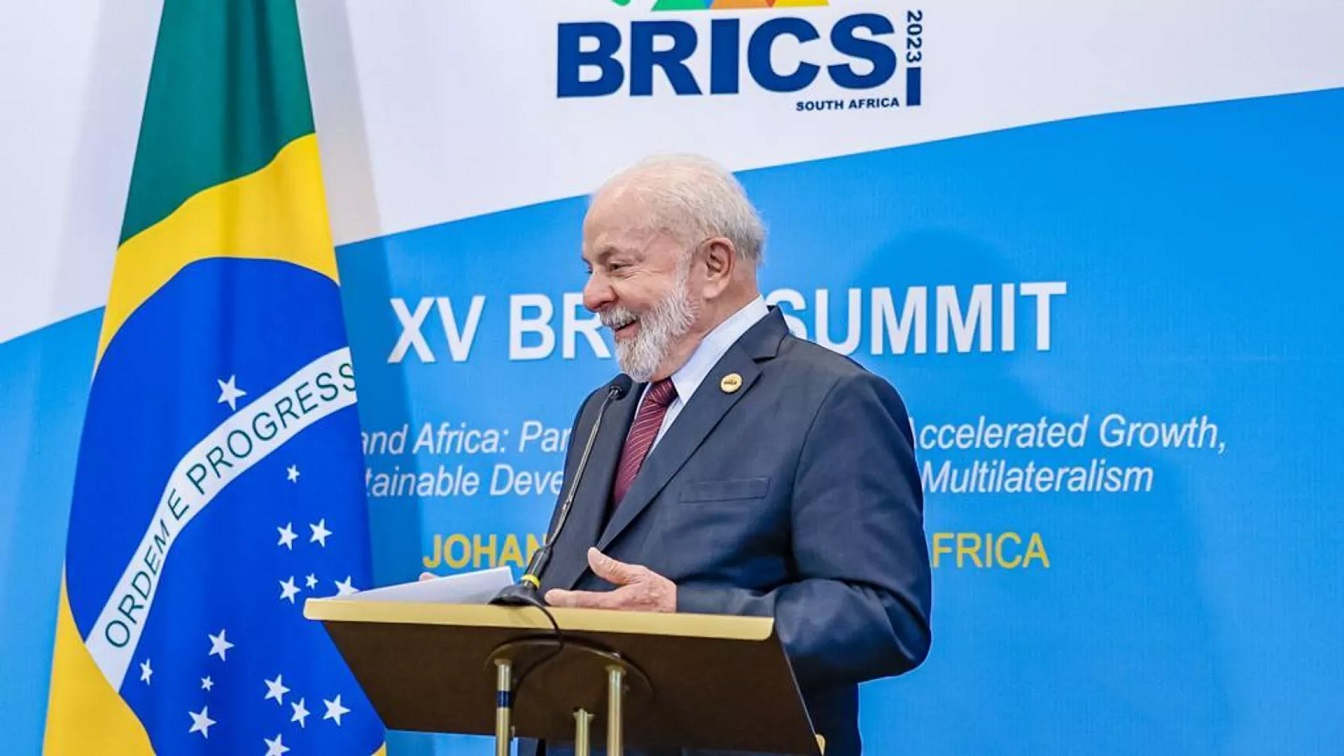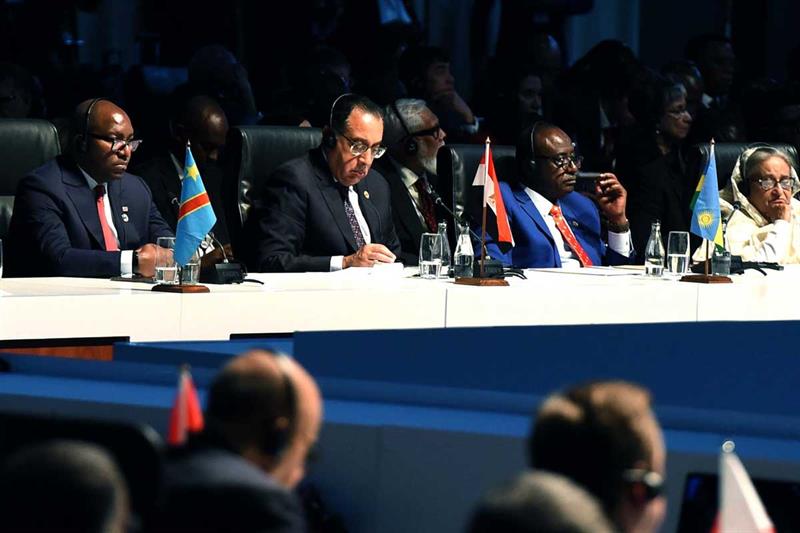
Rawya Lamei
Image via CNN
Many of us have heard about Egypt’s recent entry into the BRICS coalition and how this will positively advance the country on economic and political levels. However, with many of us not fully understanding what exactly BRICS is, let us take a deep dive into who they are and how accession to the coalition could benefit us.
The coalition, acronymised as BRICS, is a bloc of emerging markets (EM) consisting of Brazil, Russia, India, China, and South Africa. As a group, BRICS’ primary aim is to facilitate trade and boost the international economic weight of EM and was founded in 2009. It is primarily an economic bloc with its own banking system under the NDB (New Development Bank), which began operations in 2015. As of 2023, BRICS accounted for more than 25 per cent of global GDP and encompasses more than 40 per cent of the world’s population.

Image via Mint
Given the success of BRICS, several countries from the Global South have applied for membership to boost economic cooperation with these giants, six of which were admitted into the coalition during their annual summit in Johannesburg, South Africa, between the 22nd and 23rd of August. These countries are Egypt, Ethiopia, Argentina, Saudi Arabia, the United Arab Emirates, and Iran. The countries’ membership is set to take effect as of the first of January 2024.
Among the primary concerns of BRICS is global trade dependency on the US dollar, which has been seen as a hindrance to these countries’ development. The BRICS have been trying to lower dependence on the dollar since the coalition’s inception, and with sanctions on Russia since its invasion of Ukraine, the Kremlin has been adamant about accelerating this process. Russian President Putin has been spearheading the development of a joint BRICS currency. Brazil’s current president, Lula Da Silva, has pointed out the fact that countries that do not use the US dollar should not be forced to trade in it and endorses the development of this potential currency.

Image via Club Of Mozambique
De-dollarisation has been among the key talking points during the summit, and although South African officials have stated that the development of a joint currency is not on their agenda, pointing out the logistical impracticality of it, BRICS are generally in favour of trading in local currencies, with many of Russo-Indian transactions being conducted in rupees and roubles for instance.
The addition of new members serves to strengthen economic and political ties between member states and non-Western powers. The recently added UAE, KSA, and Iran are among the world’s largest oil exporters, and Ethiopia is currently Africa’s fastest-growing economy. Through the attempt to shake the US dollar hegemony, these EMs try to alleviate the economic burden they’ve faced with the global inflation and debt-ceiling crises.

Image via Al Ahram
When it comes to us in Egypt, boosting Foreign Direct Investment (FDI) and exports, which we would expect to see following our adhesion to BRICS, is among our country’s greatest goals. It could also help cheapen our debt burden as we, along with Argentina, are the IMF’s (International Monetary Fund) biggest borrowers. Through this expected increase in economic cooperation and trade exchange with other BRICS members, we should be able to decrease dependence on the dollar and increase trade in the Egyptian pound.
recommended
 City Life
City Life
Weekend Guide: Ramy Sabry, Ilmond, Zaid Khaled, Taxi El Sahra, Chamber Music Concert, Trivia Night & More
Concerts Dance Night +4 Arts & Culture
Arts & Culture
Art Workshops in Cairo: 6 Art Spaces Offering Niche Artistic Workshops in Cairo
art workshops Cairo Activities +1 Arts & Culture
Arts & Culture
The Coptic Museum: The History of Egypt to the Tunes of Psalms of David
arts & culture cairo museums +4 Health & Fitness
Health & Fitness

